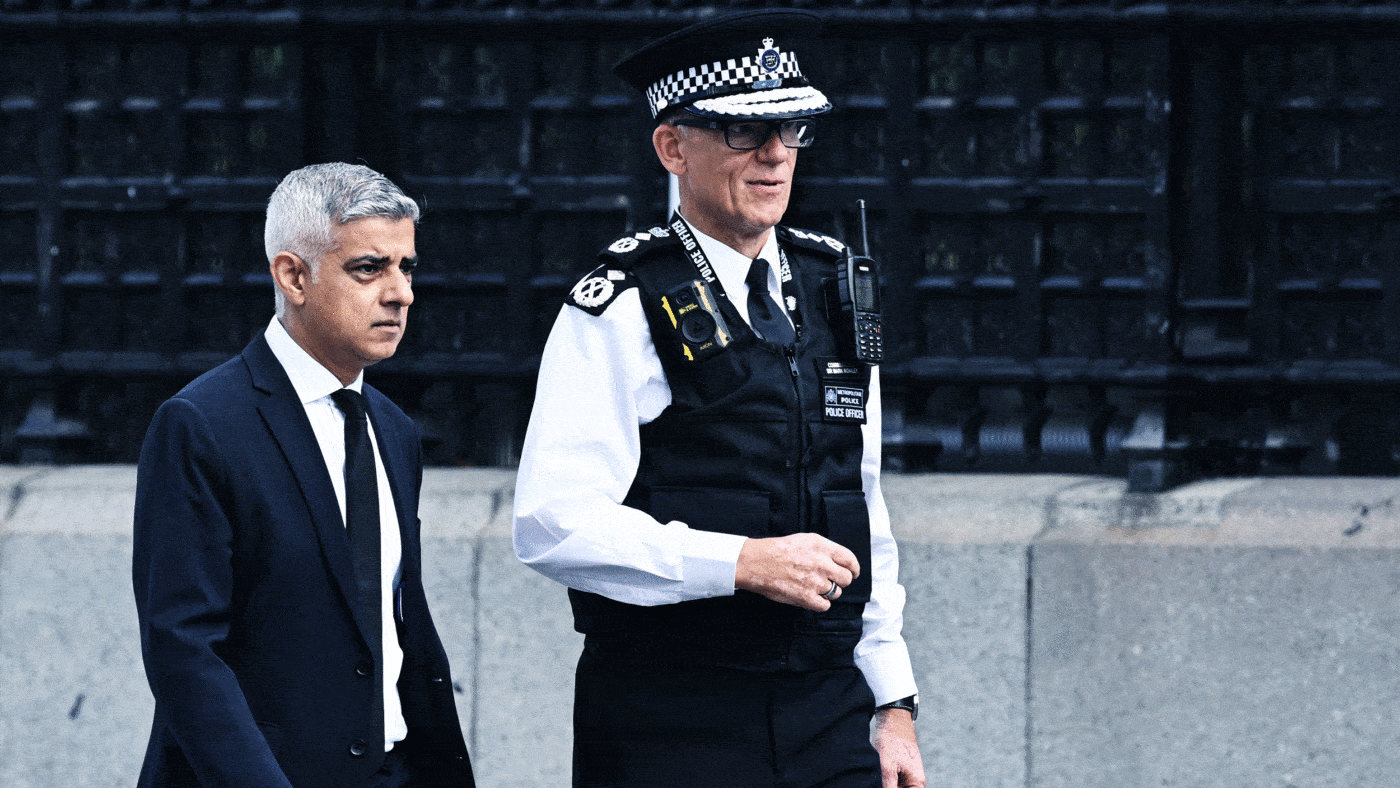For anyone who thought the reputation of the Metropolitan Police couldn’t get any worse, the initial findings of the Baroness Casey Review will make for grim reading.
The interim report was commissioned in the aftermath of the kidnap, rape and murder of Sarah Everard by serving Met PC Wayne Couzens. Casey’s investigations have found that hundreds of Met police officers have been getting away with breaking the law, with many claims of sexual misconduct, misogyny, racism and homophobia being poorly handled. One particular case involves a serving police officer who had a total of 11 misconduct notices for allegations involving assault, sexual harassment and fraud. Casey’s report questions both the robustness of misconduct procedures and the broader institutional culture of the Met, and finds misogyny and racial disparities across the force’s internal disciplinary system – with a ‘systemic bias’ against black and Asian officers.
The figures involved are striking: some 1,809 officers – or 20% of all those facing allegations – had more than one complaint raised against them (with 500 of those facing between three and five separate misconduct cases since 2013). Internal management was found to be so poor that 68% of misconduct allegation cases against Met officers and staff from April 2021 to March 2022 were ‘incomplete’. From 2013 to 2019, one in six misconduct allegations took more than two years to finalise. As well as these delays affecting the individuals making the allegation, they compromise the operational effectiveness and quality of service provided to Londoners. To make matters worse, Casey’s report points out that each conduct issue is viewed separately – meaning that patterns of behaviour go unnoticed. Worryingly, the report states that this means ‘repeated or escalating misconduct is not spotted, missing those who potentially pose most risk to others’.
The Met’s record on community relations has long been tarnished by the undercover investigation into the family of Stephen Lawrence following his racist murder in April 1994. Yet the report disturbingly finds that those lessons have still not been learned. It concludes that the Met’s misconduct system has evidence of ‘racial disparity’. Testimony of from black, Asian and mixed-ethnic officers included concerns that raising racism-related issues (and other forms of discrimination) often led to being labelled as a ‘troublemaker’ – in some cases leading to unfair disciplinary action. One case study included involved a serving police officer who has had six misconduct cases raised against him – which include oppressive conduct and harassment, neglect of duty and discriminatory behaviour linked to race and faith. Met Police Commissioner Sir Mark Rowley – appointed last month – has said himself that Casey’s findings showed ‘patterns of unacceptable discrimination that clearly amount to systemic bias’ towards non-white police officers and staff.
The findings are a timely reminder that the Met as currently constituted is simply not fit for purpose. Sir Mark has admitted that the interim report shows that hundreds of his officers should have been dismissed – now is his opportunity to put words into action by clearing out the Augean stables.
The service cannot expect to command the confidence of young women living in London while 47% of its own female employees told an internal survey that they experienced misogyny and sexism in the last six months. Neither will it cultivate public trust in traditionally distrustful communities – especially those of Black Caribbean origin – while it racially discriminates against its own officers.
London needs a police force that is able to attract a diverse pool of courageous and decent individuals who are passionate about keeping London’s neighbourhoods as safe as possible. As it stands, it is failing miserably. It is missing out on authentic on-the-ground intelligence that can boost the overall quality of its service. It simply cannot be trusted to serve a multi-ethnic city like London when it is clearly unable to manage diversity within its own workforce.
Baroness Casey’s review must not be left on a shelf to gather dust – actions must be taken in response to her unquestionably troubling findings. This is a moment of reckoning – and Sir Mark Rowley must step up to the plate.
Click here to subscribe to our daily briefing – the best pieces from CapX and across the web.
CapX depends on the generosity of its readers. If you value what we do, please consider making a donation.


